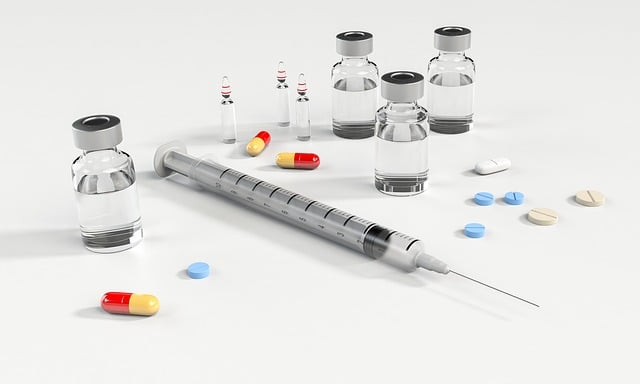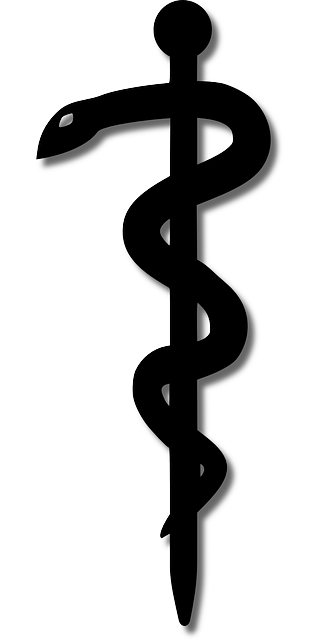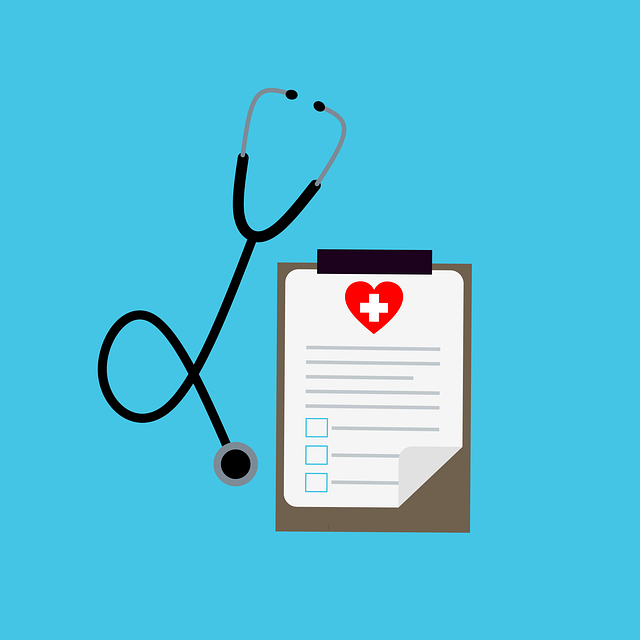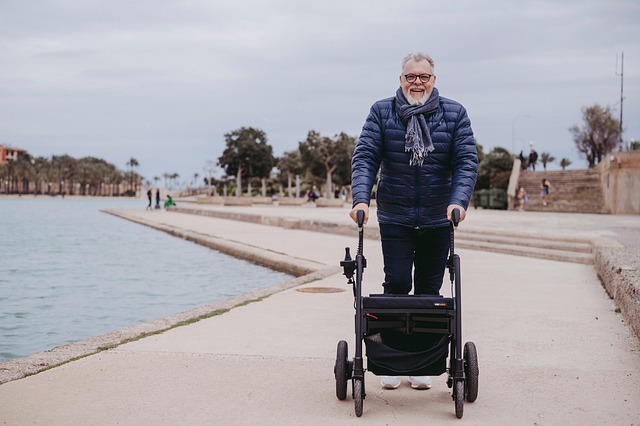In South Africa, Medical Aid and Health Insurance serve distinct healthcare roles. Medical Aid, a private scheme funded by members, offers tailored plans for comprehensive medical care with ongoing access to providers. Health Insurance acts as financial protection against unexpected costs, covering specific emergencies and critical care with varying policies and co-pays. Understanding these differences is crucial when choosing between them based on individual healthcare needs and budget.
In South Africa, understanding the distinction between medical aid and health insurance is crucial for managing your healthcare. This article provides a simple explanation of these two essential options, helping you navigate their unique features. We’ll explore ‘Understanding Medical Aid: A South African Perspective’ and ‘Decoding Health Insurance: What You Need to Know’. By the end, you’ll grasp the key differences between medical aid and health insurance, empowering you to choose the right option for your specific healthcare needs.
- Understanding Medical Aid: A South African Perspective
- Decoding Health Insurance: What You Need to Know
- Key Differences Between Medical Aid and Health Insurance
- Choosing the Right Option for Your Healthcare Needs
Understanding Medical Aid: A South African Perspective

In South Africa, understanding the distinction between medical aid and health insurance is essential for navigating one’s healthcare options. Medical aid, a concept deeply embedded in the country’s healthcare system, is essentially a private scheme that provides financial coverage for medical services. It operates as a pool of funds contributed by its members, allowing them access to a network of healthcare providers. Members typically pay monthly or annual premiums to maintain their coverage, which can include various benefits like hospital stays, doctor visits, and prescribed medications.
Unlike health insurance, which is often associated with government-provided services, medical aid is administered by private companies. It offers a range of plans catering to different needs and budgets, ensuring that individuals and families can access quality healthcare while managing their expenses effectively. This tailored approach makes medical aid an attractive option for many South Africans, especially in a country where health insurance may not always guarantee comprehensive coverage or prompt service.
Decoding Health Insurance: What You Need to Know

In South Africa, understanding the distinction between medical aid and health insurance is essential for making informed decisions about your healthcare coverage. While both terms are often used interchangeably, they serve different purposes and offer unique benefits. Health insurance, in its simplest form, is a contract between you and an insurer that provides financial protection against the cost of medical treatment. When you take out a policy, you agree to pay regular premiums, and in return, the insurance company covers a portion of your medical expenses. This can include hospital stays, doctor’s visits, medication, and sometimes even alternative treatments.
Decoding health insurance involves grasping key concepts like co-payments (the amount you pay out of pocket), deductibles (a set amount you must pay before insurance kicks in), and various exclusions or limitations. Unlike health insurance, medical aid is a type of private healthcare scheme that provides members with access to a network of healthcare providers and facilities. Members contribute to the scheme through monthly deductions or premiums, ensuring they have access to comprehensive medical services, including primary care, specialist consultations, hospitalisation, and sometimes even dental and optical care. Medical aid focuses on ensuring continuous access to quality healthcare rather than solely providing financial protection like health insurance.
Key Differences Between Medical Aid and Health Insurance

In South Africa, Medical Aid and Health Insurance are often used interchangeably, but they serve distinct purposes in ensuring access to healthcare services. Medical Aid is a form of private health care funding provided by employers or purchased individually. It offers comprehensive coverage for various medical procedures and treatments, including hospital stays, specialist consultations, and chronic condition management. Members typically pay monthly premiums to maintain their membership and access these benefits.
On the other hand, Health Insurance is a type of risk mitigation strategy that protects individuals from the financial burden of unexpected medical expenses. It covers specific treatments or conditions as outlined in the policy, usually with an emphasis on out-of-pocket costs like hospital deductibles and co-payments. Unlike Medical Aid, Health Insurance does not provide ongoing care but offers temporary cover during periods of illness or injury. Understanding these key differences is crucial when choosing between Medical Aid and Health Insurance to best suit individual healthcare needs.
Choosing the Right Option for Your Healthcare Needs

When it comes to choosing a healthcare plan, understanding the distinction between medical aid and health insurance is key. Both play a vital role in ensuring access to quality healthcare, but they operate differently. Medical aid, often offered by employers or purchased privately, focuses on providing comprehensive coverage for various medical expenses, including hospital stays, specialist visits, and routine care. It typically involves a monthly contribution and offers a range of benefits tailored to the member’s needs.
On the other hand, health insurance is designed to cover specific healthcare costs, usually with a focus on emergency and critical care. Policies can vary widely in terms of what they include, but generally, health insurance covers unforeseen medical events like accidents or sudden illnesses. It often involves deductibles and co-pays, which are amounts you may need to pay out of pocket before insurance kicks in. The right choice depends on individual needs; if you’re seeking broad coverage for routine check-ups and various treatments, medical aid might be preferable. For unexpected health crises, health insurance provides a safety net.
In navigating the South African healthcare landscape, understanding the distinctions between medical aid and health insurance is vital. While both play a crucial role in managing healthcare costs, their operational models differ significantly. Medical aid, with its focus on pre-agreed benefits and provider networks, offers structured coverage tailored to specific plans. Health insurance, on the other hand, provides more flexible access to a broader range of healthcare providers, often with the added benefit of choice and control over treatment decisions. When choosing between these options, consider your personal healthcare needs, budget, and preference for pre-determined versus customizable coverage. Ultimately, making an informed decision between medical aid and health insurance will ensure you receive optimal care while managing your financial obligations.

